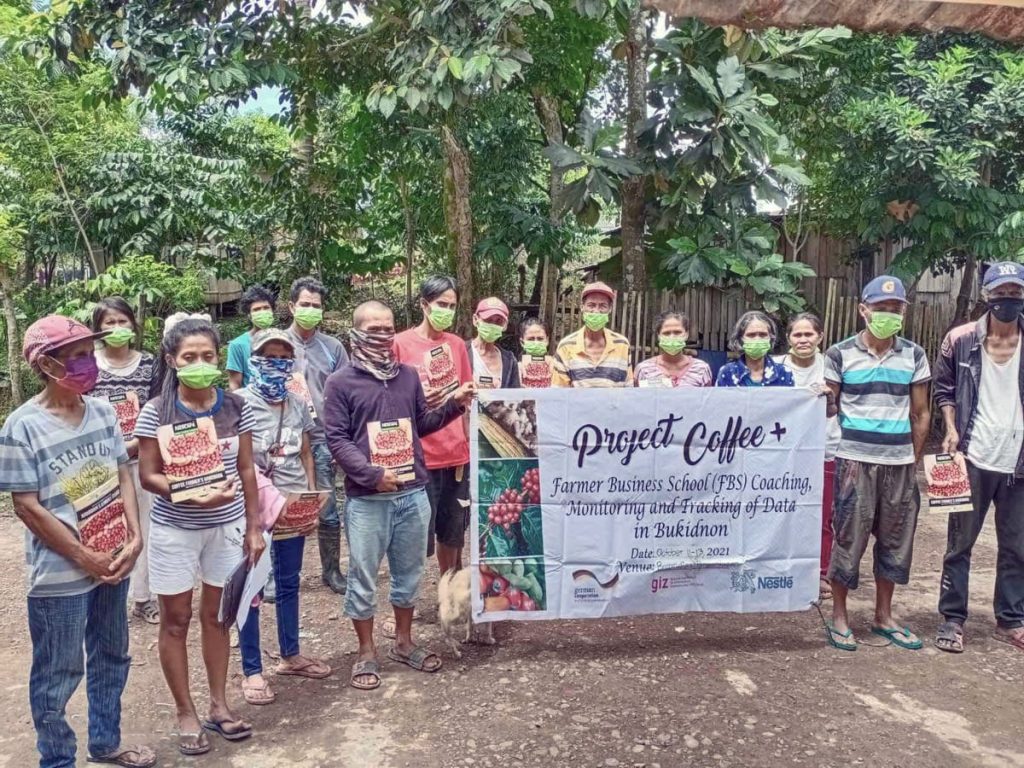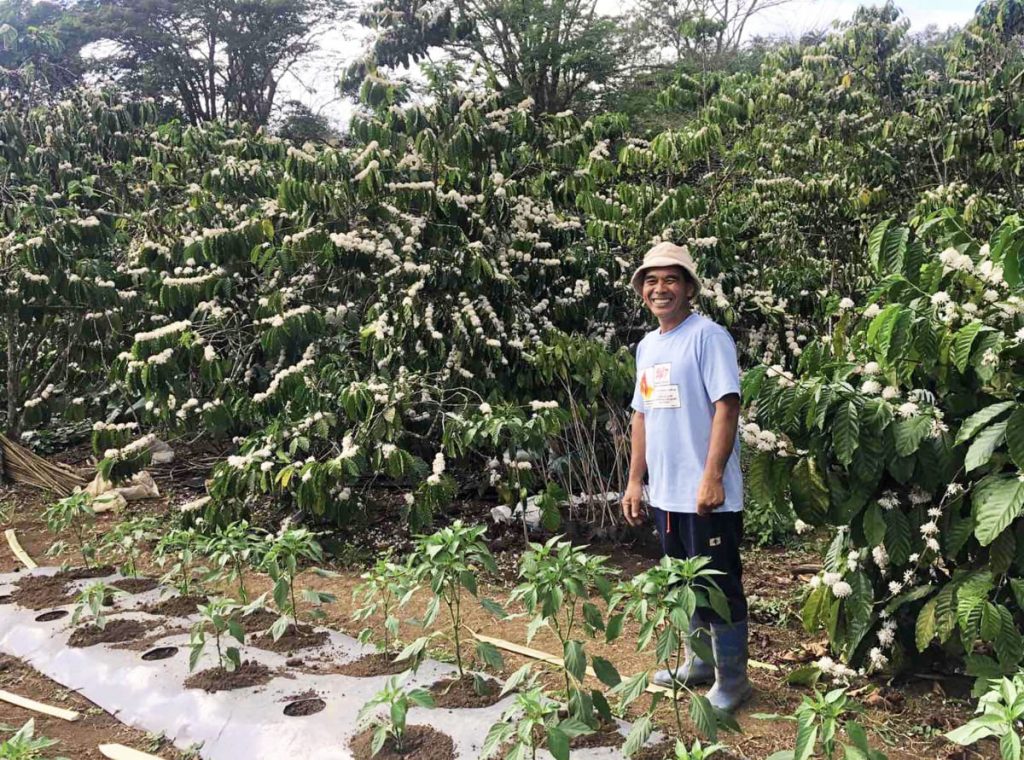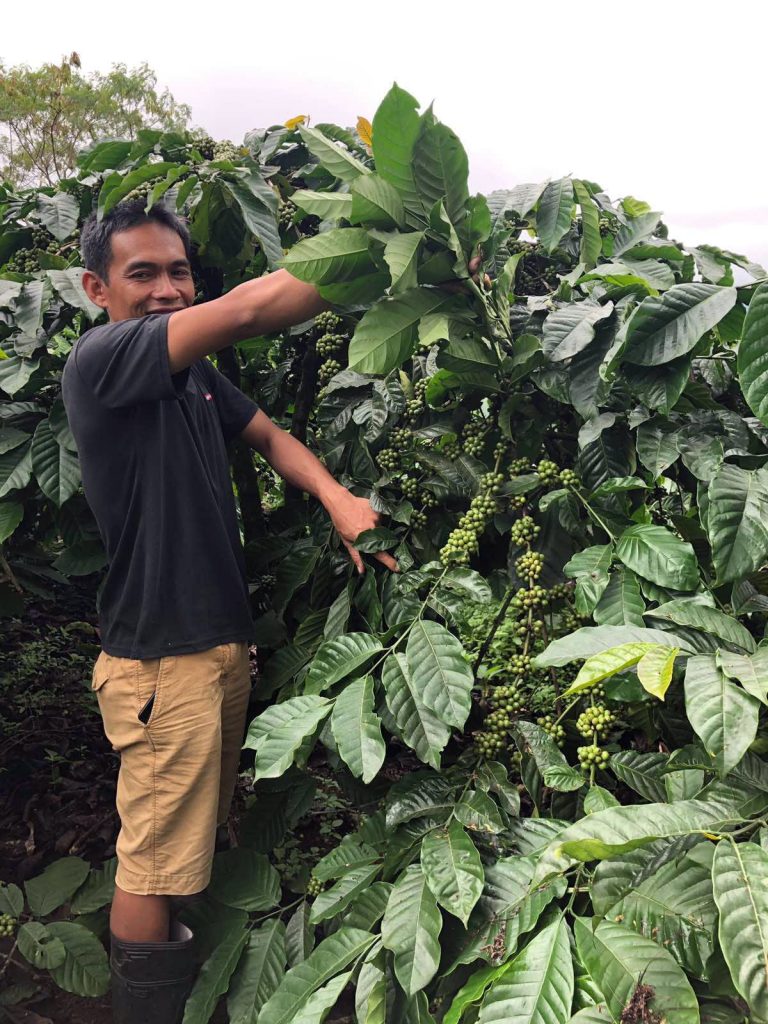A key initiative called Project Coffee+ under the Nescafé Plan of Nestlé Philippines has yielded banner results. Participating coffee farmers have increased average yields by around 64 percent in 2021, driven by improvement on coffee trees maintenance, entrepreneurial farm management techniques and regenerative agriculture practices.

The Nescafé Plan in the country is a long-term program to increase the supply of Robusta coffee which lags considerably behind demand, helping farmers increase the productivity of coffee farming towards a better quality of life. Robusta accounts for 66 percent of local coffee production and is mostly grown in Mindanao.
Project Coffee+, in cooperation with the German development agency Gesellschaft für Internationale Zusammenarbeit (GIZ), has provided 1,500 participating smallholder farmers in Sultan Kudarat and Bukidnon with series of trainings since 2019 to develop their agripreneurial mindset. The significant increases in their yields and incomes are attributed to their adoption of an agri-enterprise approach to farm operations, which includes applying learned skills in better farm planning and budgeting, in seeking financial services, money management, and farm diversification through intercropping or multi-cropping, and raising livestock.

The findings were reported by the Rainforest Alliance, an international NGO addressing deforestation, climate change, systemic poverty, and social inequity, which performed field-based monitoring and evaluation to help the NESCAFÉ Plan assess its sustainability performance and measure results against targets.
The Rainforest Alliance report is showing that the Project Coffee+ farmers’ adoption of regenerative farming practices such as agroforestry, or the use of crop cover and other vegetation, the application of organic matter, and rejuvenation of coffee trees have made a positive impact on total harvest.
“Regenerative practices are indispensable to enhancing productivity and empowering communities,” said Nestlé Philippines Chairman and CEO Kais Marzouki. “Through the NESCAFÉ Plan, we are working to secure a reliable supply of quality green coffee beans, helping improve the livelihood of farmers, and contributing to the protection and revitalization of food systems for generations to come.”
Regenerative agriculture is a method of farming that enhances resource use, rather than destroying or depleting them. It is based on farming principles that rehabilitate and enhance the entire farm ecosystem by protecting and maintaining the health of the soil, espousing biodiversity, and a host of other practices that promote resiliency and the delicate balance of the environment.

“Along with the efforts of our partners and other stakeholders, the NESCAFÉ Plan aims to increase the capacity of farmers for regeneration and build a future in which all our green coffee beans are sourced from farmers adopting regenerative agriculture practices,” said Mr. Marzouki. “As we move forward in our transition to regenerative food systems, we want to encourage consumers to be more mindful of how raw materials are grown and how products are made as they make purchase decisions.”
In the Philippines, Nestlé is the biggest buyer of Robusta green coffee beans. It increased its volume purchase of locally-grown coffee by 41 percent in 2021 over 2020, sourced not just from participants of NESCAFÉ Plan’s projects, but also from consolidators, smallholder farmers and farmer cooperatives across Mindanao.
